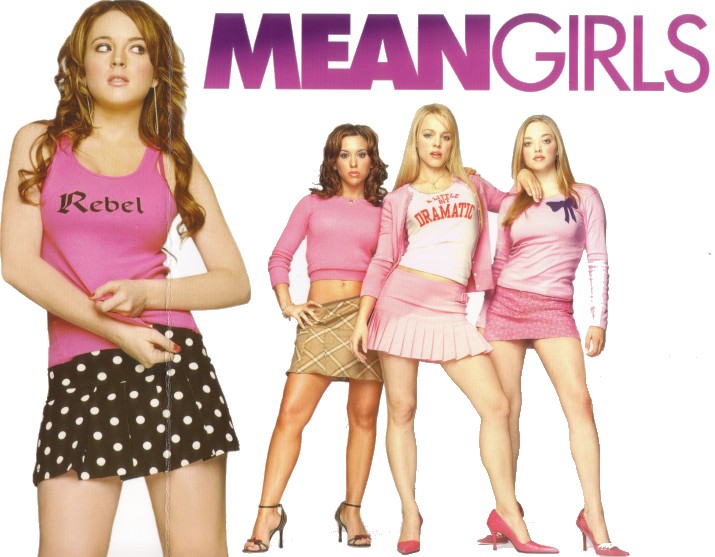This blog post is in collaboration with Gina Lawrence.
Video Game: World of Warcraft
World of Warcraft is a MMORPG (Massive Multiplayer Online Role Playing Game) which enables users to assume the role of a character in a fantasy world where they must complete quests and work cooperatively with other players in order to advance within the world. The game remediates an earlier, single player, non-networked version of the game called Warcraft (also, Warcraft II and Warcraft III). Before the conception of Warcraft, there primarily existed similar games, in a more "real-life" application, such as Dungeons and Dragons. The links to Dungeons and Dragons remediate the concept of cooperative, group based collaboration, in order to achieve a community goal of advancement within the game.
World of Warcraft is an exquisite example of immediacy because it effaces the simulated aspect of the game as it connects real life players with one-another in real-time and enables them to communicate and interact in a way that ignores the simulated aspects of the gaming world. People can communicate through the online game with their voices, or via text, and interact in the same way that face to face interaction would take place, using their characters as embodiments of their gestures, emotions, and expressions. This blurs the line between the medium and "real life" by creating an environment of communication that intentionally mirrors reality.
Additionally, World of Warcraft contains elements of hypermediacy. The competitive aspect of the game highlights the medium by placing players in a shared task-oriented experience, in which they must devote real currency, which may be monetary, but also includes time, effort, and, at times, personal health. Although the competition exists in a simulated world, the cooperation between players is very real, and is constantly and repeatedly underscored as one's character progresses throughout the game.
Social Network: Facebook
Facebook is the largest social networking site on the Internet today, with nearly 1 billion users worldwide (Sengupta). The website remediates the concept of earlier social networking sites, such as Myspace, Livejournal, Xanga, etc. Various aspects of the site remediate older social technologies as well, such as chat rooms, photo sharing, blogs, instant messenger, and essentially any other socially-oriented site that has experienced any kind of significant success on the Internet in the past 20 years. The fact that it remediates all of these technologies is an indication of how well-developed and consistently maintained and updated that Facebook itself is.
Immediacy exists in the seamless integration of users into what is essentially the largest, most powerful, market-research tool currently in existence. Users operate under the guise of social networking, sharing their likes, interests, consumer habits, whereabouts, photos, and relationship preferences with their "friends," when in reality, they are contributing to ongoing market research that enables the website to advertise to their specific tastes, interests, demographic, etc., thus, making them the ideal consumer.
Hypermediacy is made more apparent through the "social" aspect of the website. Users exist in a constant state of awareness of the medium through which they are not only communicating, but representing themselves. The intimate link between who one is and how she represents that state of being though her profile is indicative of the user's hyper awareness of the medium through which she is presenting herself. In general, users are aware that there is an audience who is observing them, and they are generally conscious of the way that they present themselves to that audience. Examples of this are present in, but not limited to, over-edited photos, repeatedly revised status updates, strategic relationship tactics. Users are also aware that there are stakes for what is posted; employers, family members, and other unknowable viewers of the profile are able to see what has been posted.
Film: Mean Girls
The film, Mean Girls, tells the story of Cady Heron (Lindsey Lohan), a teenager, raised in Africa, who moves to the United States at the beginning of her junior year of high school, and must adjust to life as the "new girl" in a setting that is completely foreign to her. Thematically, the film remediates the concept of teenage-centric films which position the viewer to sympathize and associate with the film's teenage protagonist. On the media level, the film remediates television, specifically teen sitcoms--a throwback to The Babysitter's Club, Clueless, Saved by the Bell, and many others.
The most striking example of immediacy within the film exists in the archetypal characters that are meant to reel viewers in. There is someone for everyone from the goth to the gay to the uncertain teenager, which allows all viewers to see some piece of themselves in the film, and therefore, become further immersed in its plot. This, in turn, enables viewers to live vicariously through the "high school drama" with the hopes of having an idealized ending, in which their imagination is satiated.
Hypermediacy exists in the exaggerated nature of the film's plot itself. While viewers are positioned to personally associate with the characters, they are reminded time and time again that they are watching a film through the unlikelihood of the plot itself. This, in turn, reminds them that they are consuming not a singular product, but rather a multi-faceted commodity. Everything from the film branding itself to the vicarious teenage experience reminds viewers that they are engaging in a state of play and imagination that they are free to enter and exit whenever they choose.
Conclusion
Works Cited
Bolter, J. David, and Richard A. Grusin. Remediation: Understanding New Media. Cambridge, MA: MIT, 2000. Print.
Mean Girls. Dir. Mark Waters. Perf. Lindsey Lohan and Rachel McAdams. Paramount, 2004. DVD.
Sengupta, Somini. "Facebook Test: How to Please The New Faces." The New York Times. The New York Times, 15 May 2012. Web. 10 Sept. 2012.



No comments:
Post a Comment